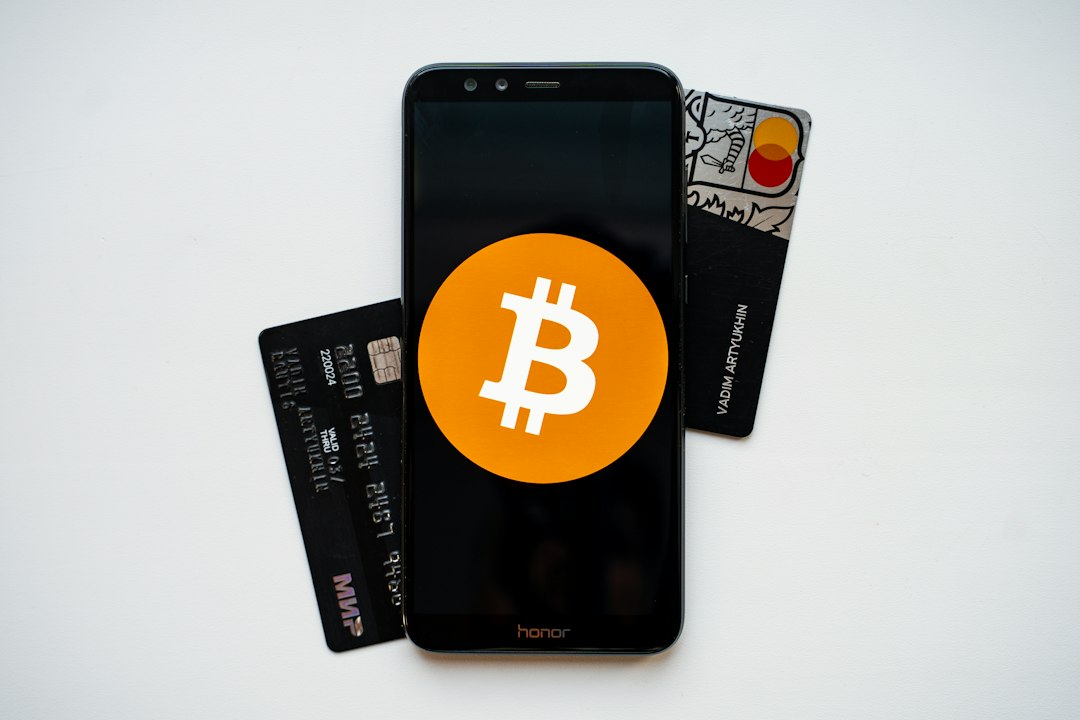South Korean Regulators Call for Reports on Unlicensed Crypto Exchanges
Financial regulators in South Korea have issued an update urging users to report any unlicensed cryptocurrency exchanges operating in the country. The Digital Asset Exchange Association (DAXA) and the Financial Intelligence Unit (FIU) are working together on this initiative. DAXA comprises five major digital asset exchanges in South Korea: Upbit, Bithumb, Coinone, Korbit, and Gopax.
The purpose of these reports is to identify domestic and foreign virtual asset operators targeting Korean citizens without adhering to Article 7 of the Specific Financial Information Act. Initially, DAXA will review the reports before forwarding them to the FIU. The FIU will then respond to DAXA regarding the status of the operator and whether any further action is necessary.
If operators persist in engaging in undeclared business activities, the FIU plans to take appropriate measures, including notifying the investigative agency.
How to File a Report
DAXA has provided a tip email address for filing reports. Users are encouraged to include all relevant information about the business, reasons for suspicion, and evidence of undeclared activities.
South Korea’s Increasing Involvement in the Crypto Industry
This development comes as South Korea continues to expand its presence in the cryptocurrency industry. The Democratic Party of South Korea recently mandated that parliamentary candidates disclose their personal crypto holdings for transparency purposes. Additionally, the South Korean Financial Supervisory Service is preparing regulations to supplement the Virtual Asset Users Protection Act by January 2024.
Furthermore, South Korea’s central bank has announced plans to invite 100,000 citizens to test its upcoming central bank digital currency (CBDC) in 2024.
Hot Take: South Korea Cracks Down on Unlicensed Crypto Exchanges
South Korean financial regulators are taking action against unlicensed cryptocurrency exchanges operating in the country. They are calling on users to report any suspicious activities and provide evidence of undeclared business operations. This move is part of South Korea’s efforts to regulate the crypto industry and protect its citizens from fraudulent activities.





 By
By
 By
By
 By
By
 By
By
 By
By
 By
By